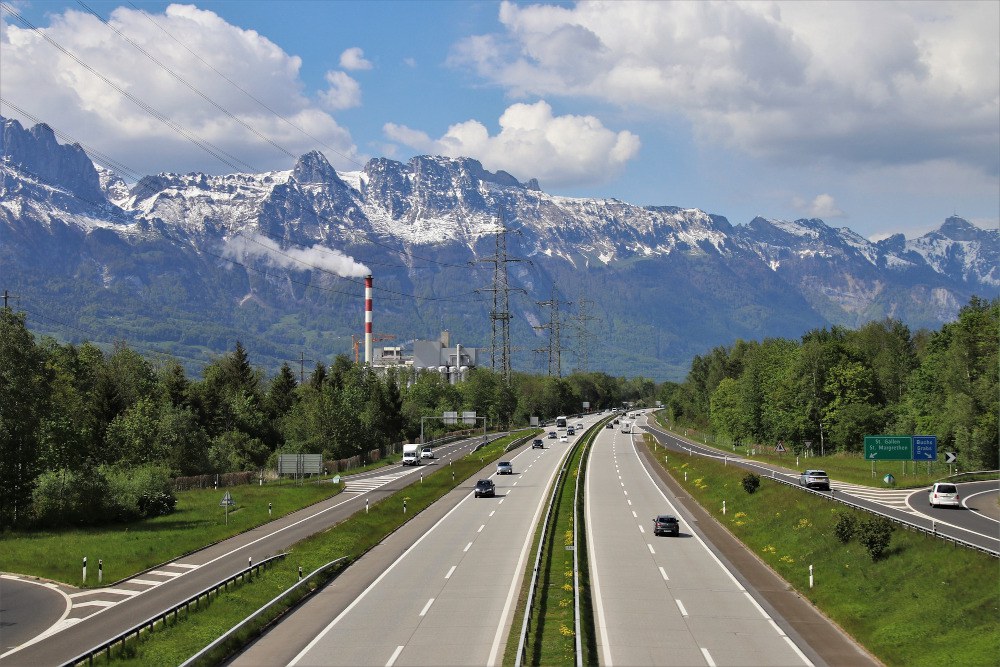News
Hidden CO2 emitters

Introduced in the summer of 2022, the 9-euro ticket cost German taxpayers 2.5 billion euros and was strongly criticised in sections of the political and media worlds. Less attention was paid to the fuel rebate, which at the same time cost 3.2 billion euros. At the end of 2022, WIFO, the Austrian economic research institute, published an investigation into climate-counterproductive subsidies in the country and revealed alarmingly large sums. Similar studies had already been carried out in Germany in 2021 and in Switzerland in 2020, meaning that a policy rethink is urgently needed. The Austrian Ministry for Climate Protection defines incentives or subsidies as climate-counterproductive if they work against compliance with European and international climate targets: they prevent increases in efficiency, impede the switch to renewable energies, or hinder climate-friendly processes and means of transport. Such obstructions can include tax concessions, government support for energy-intensive enterprises and raw material extraction, or be indirect – such as legal requirements for the provision of parking spaces by homeowners, which are not only space-consuming and expensive, but also make car use more attractive.
Not just bad for the climate
In Austria, the annual climate-damaging subsidies for the years 2016 to 2019 are estimated at between 4.1 and 5.7 billion euros – a considerable figure that represents 4 to 5 per cent of the total budget. In Germany, environmentally harmful subsidies reached 65.4 billion euros in 2018. In both countries, the transport sector accounts for the largest share, with three quarters relating to private motorised transport and one quarter to flights and inland navigation. The energy sector’s share is also large, with tax concessions and externalised costs of coal and other fossil fuels being particularly significant. The climate-damaging subsidies for agriculture are comparatively small – but these have a particularly strong additional negative effect on biodiversity. This is criticised both in a report by WSL, the Swiss Federal Institute for Forest, Snow and Landscape Research, and the Slowfood Foundation for Biodiversity in Italy. “The biodiversity crisis could be defused if subsidies were only granted where they would demonstrably not harm biodiversity”, says the WSL’s Irmi Seidl. She heads the Economic and Social Sciences Research Unit at WSL and is also on the Sounding Board of CIPRA International.
Sources and further information:
WIFO: Analyse klimakontraproduktiver Subventionen in Österreich, 2022 (de), Umweltbundesamt: Umweltschädliche Subventionen in Deutschland, 2021 (de), WSL: Biodiversitätsschädigende Subventionen in der Schweiz, 2020 (de), www.klimareporter.de/verkehr/tankrabatt-kostet-mehr-als-drei-milliarden-euro (de), www.agi.it/cronaca/news/2022-08-01/biodiversita-siccita-terra-intervista-slow-food-17615919/ (it)


